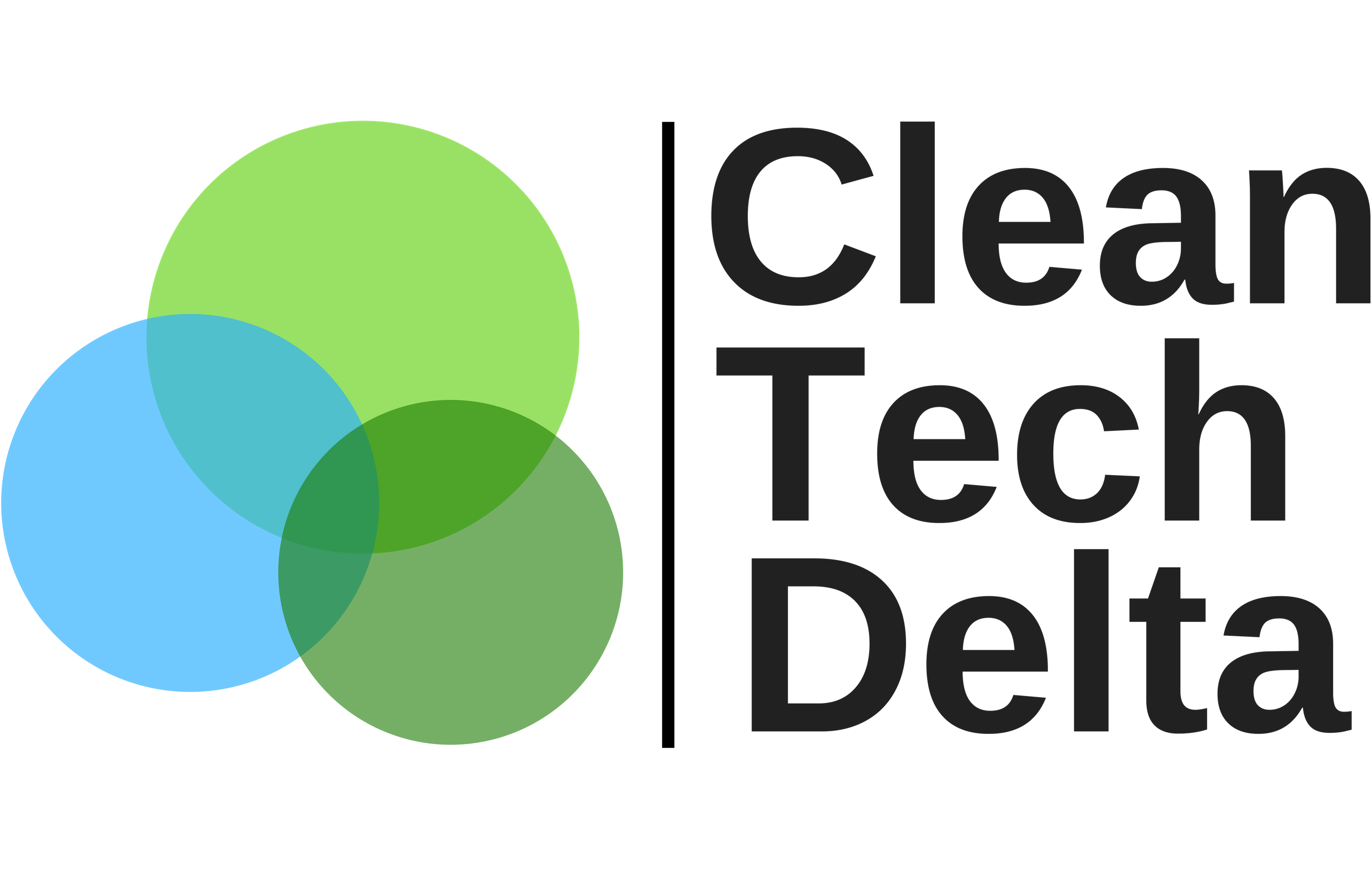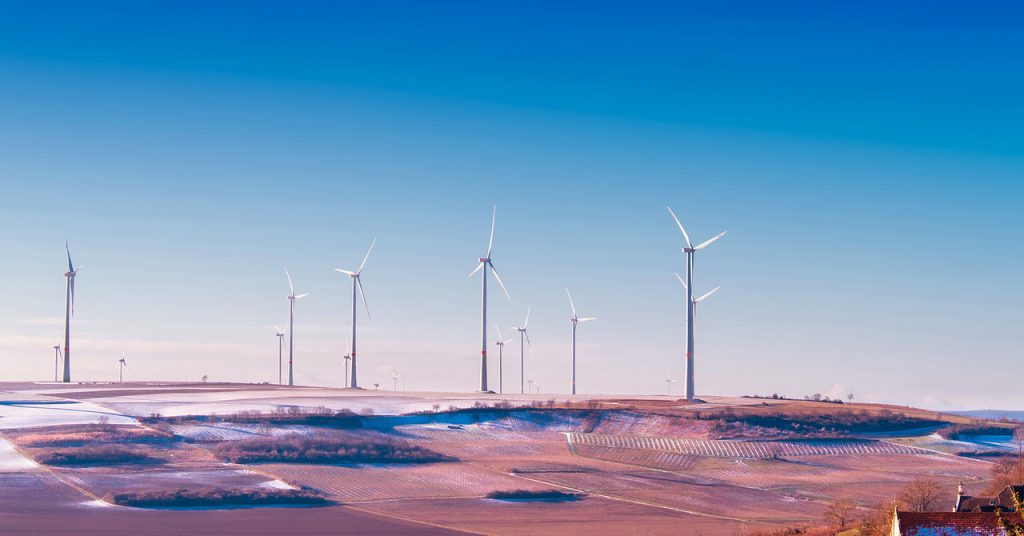− 30/01/17, 12:59
TRANSITION the government wants clean energy in 2050, but the rules are in the way, concludes PWC.
Dutch legislation is not ready for the transition towards sustainable energy. What’s more, rules are usually in the way of the transition towards the smart usage of sustainable energy. This has to change, states the advisory bureau PwC in a rapport presented to the house of representatives of the Netherlands. The advice: the law must be more simple and modern.
PwC conducted the research for ElaadNL, a knowledge and innovation centre that focusses on smart energy systems. Batteries, like an accumulator of electric cars are, according to ElaadNL, becoming more and more important. These devices can store energy from windturbines and solar panels at production peeks, to later deliver this energy to the houses in times of production deficit.
According to researcher Niels Muller from PwC, the laws are an obstacle for this application. “Who stores energy and delivers it back to the net, pays double taxes. This is, because the legal structure is still designed for central energy, coming from large power stations. Thus, one-way traffic. This is outdated, more and more energy is being generated decentrally by the civilians”. Abolishing this rule will cost the government money. Nevertheless, if it will not happen, states PwC, the power net has to be enforced to yield solar and wind energy. This will be way more expensive.
“According to PwC, the political legislation has to freshen up, so that energy systems can become flexible”.
According to PwC, the political legislation has to freshen up, so that energy systems can become flexible. Take for example the lack of choice of power suppliers for electrical vehicles. Therefore, it is hard for the owner to choose a green supplier.
Muller states that energy grid managers needs more freedom to foster sustainable clean energy. The current legislation only permits, on high exception, experiments with smart energy. Energy grid companies are willing to work on the transition towards clean energy, that must be taking place the coming decennia. In 2050, as decided by the government, all energy must be 100% sustainable.
Source: Trouw de verdieping

